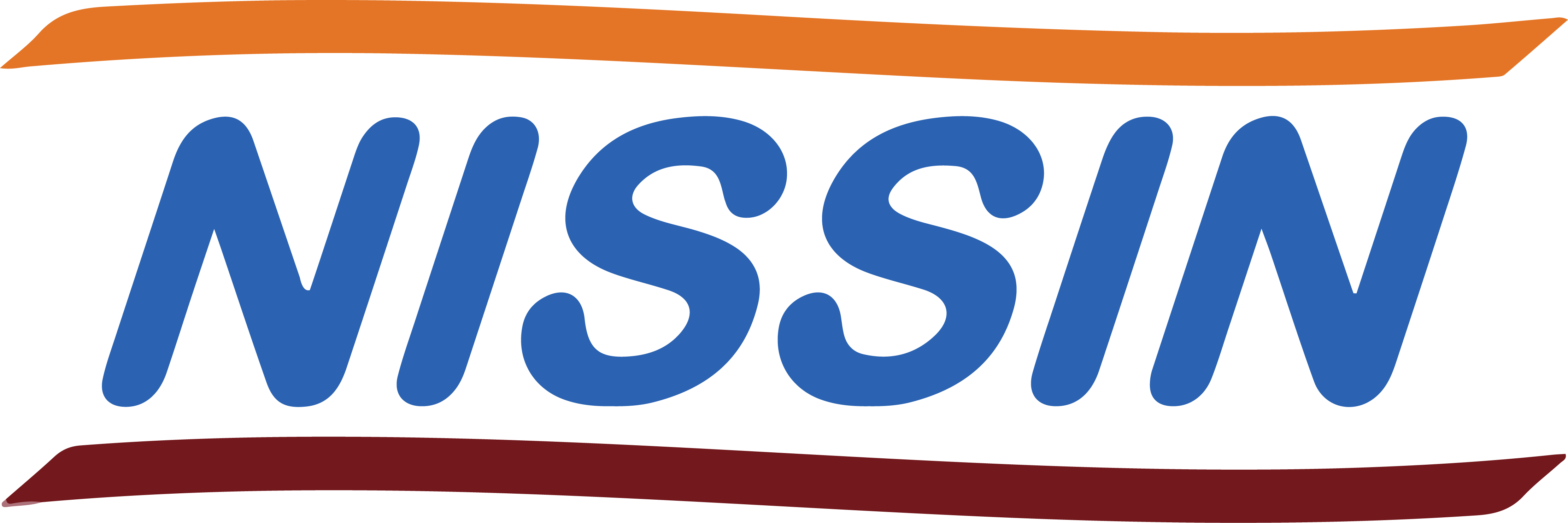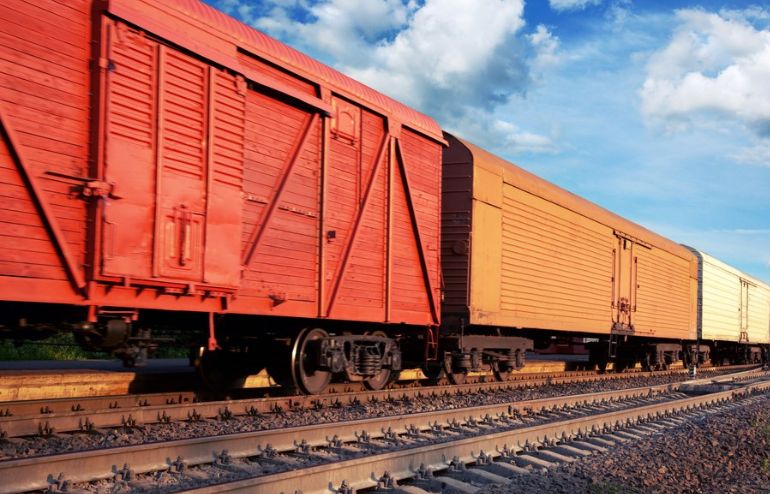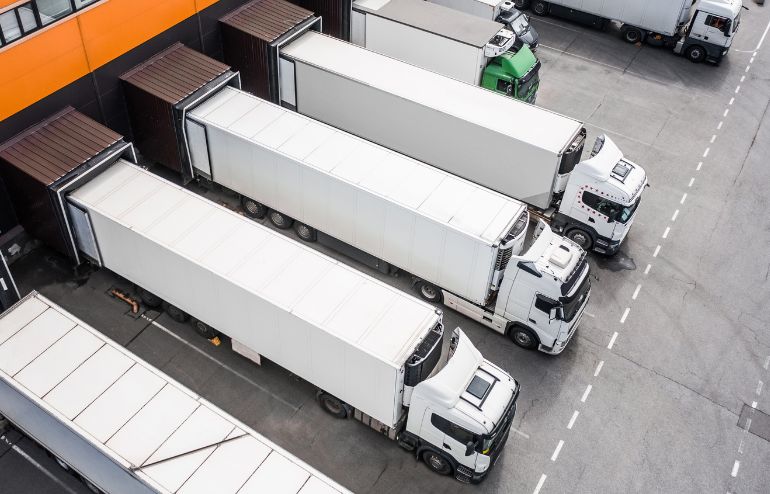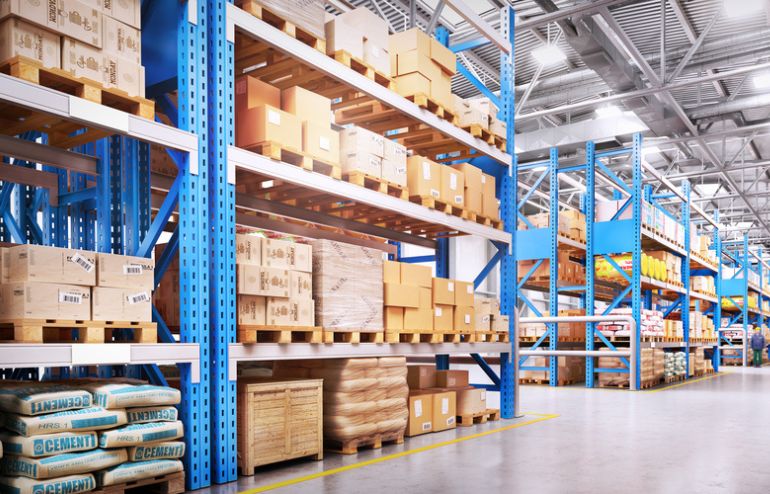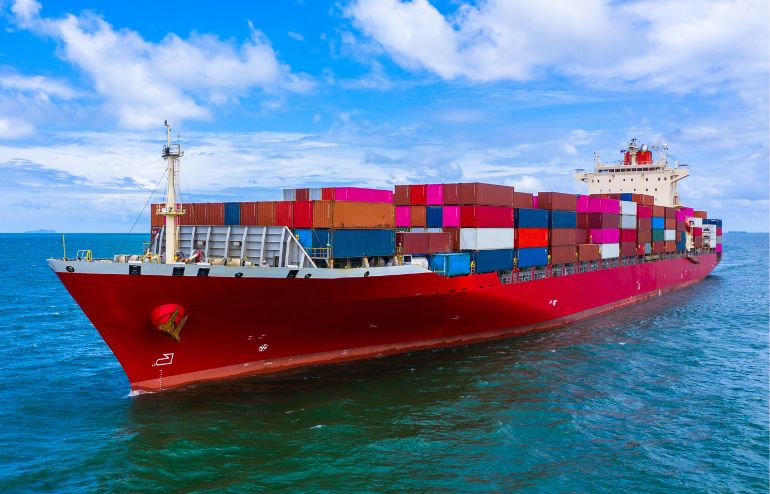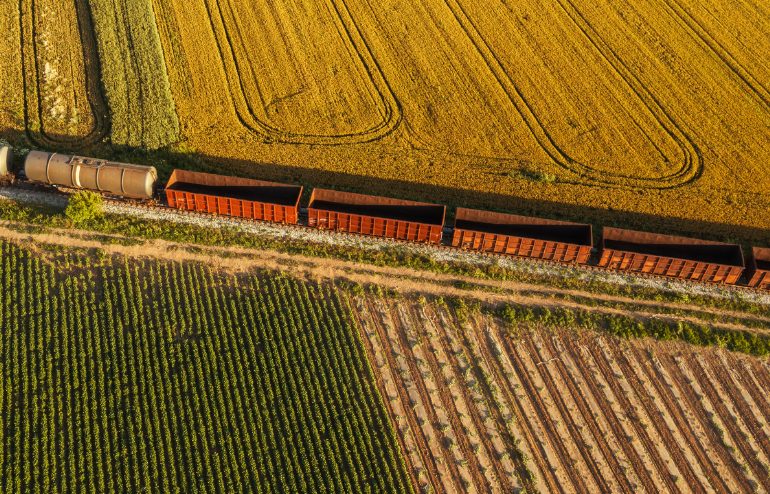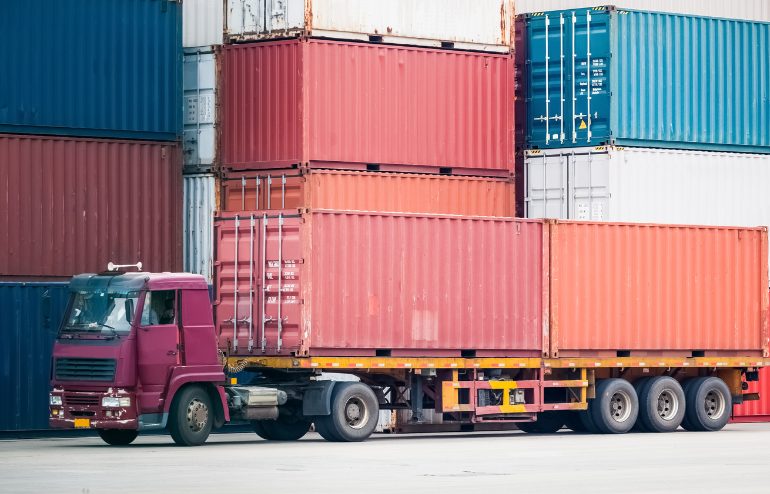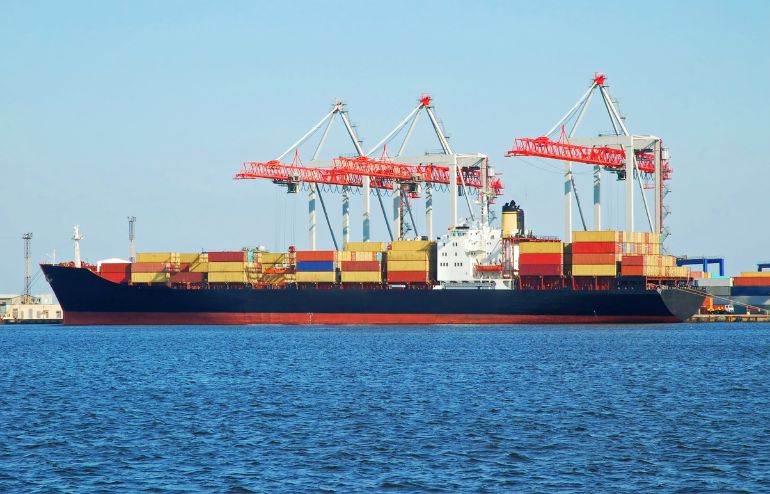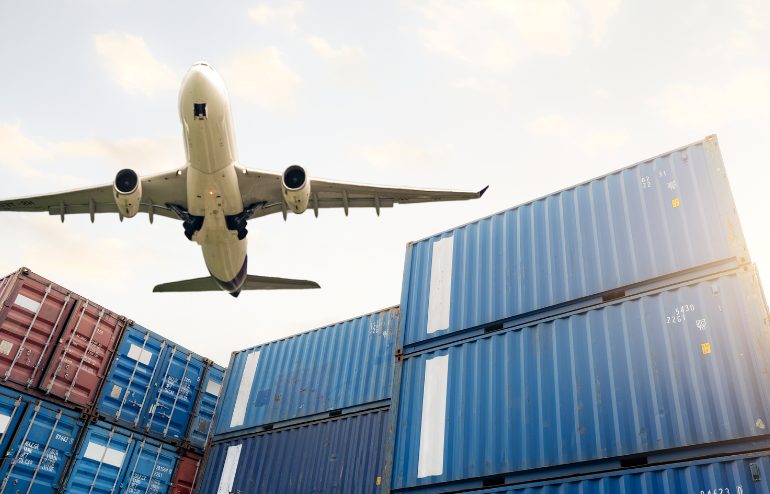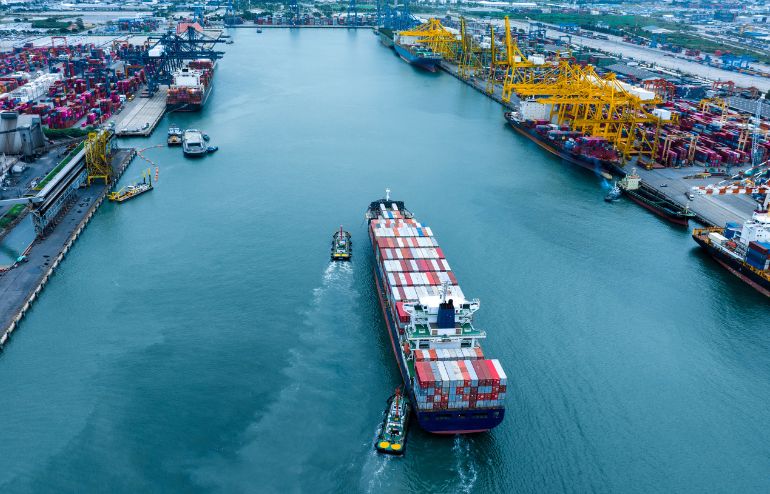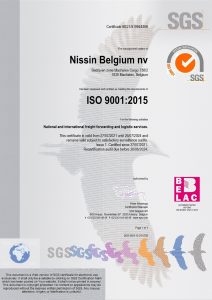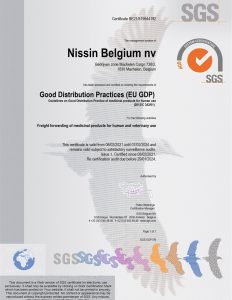The automotive industry is huge, making millions of cars worldwide every year. But this is only possible with a well-maintained behind-the-scenes system: automotive logistics. This intricate network ensures the seamless movement of everything from raw materials to finished cars, keeping the wheels of the industry turning.
The automotive industry relies heavily on efficient logistics to get vehicles from factories to dealerships. Nissin Belgium, a leading logistics solutions provider, has decades of experience in this field and understands the intricate needs of the automotive sector.
What is logistics in the automobile industry?
Automotive logistics is a comprehensive system that coordinates the efficient flow of automobiles, parts, and materials throughout the supply chain. This includes:
Transportation: Moving vehicles, parts, and materials from suppliers to manufacturers, dealerships, and end consumers. This involves various transportation modes, including road, rail, air, and sea.
Warehousing: Providing secure and efficient storage facilities for vehicles, parts, and materials at various points in the supply chain. Automotive warehousing requires specialized equipment and expertise to handle high volumes of inventory and ensure timely delivery.
Inventory Management: Tracking and managing the flow of goods throughout the supply chain, ensuring that the right parts are available in the right place at the right time.
Customs Clearance: Navigating complex customs regulations to expedite the movement of goods across borders.
Information Technology: Utilizing advanced IT systems for real-time tracking and visibility of shipments, inventory levels, and other critical data.
Why is automotive logistics so important?
Effective automotive logistics are essential for the success of any automotive manufacturer or supplier. It helps to:
Reduce costs: By optimizing transportation routes, warehousing space, and inventory levels, businesses can significantly reduce their logistics expenses.
Improve efficiency: Streamlining the flow of goods throughout the supply chain leads to faster production cycles, quicker deliveries, and reduced downtime.
Enhance customer satisfaction: Ensuring timely delivery of vehicles and parts to dealerships and end consumers directly impacts customer satisfaction and loyalty.
Gain a competitive advantage: In a competitive automotive industry, efficient logistics can give companies a significant edge in cost, speed, and responsiveness.
Navigating the Automotive Logistics Landscape
The automotive logistics industry constantly evolves, driven by globalization, technological advancements, and changing consumer demands. Automotive companies must be flexible and adaptable to stay ahead of the curve.
Some of the key trends shaping automotive logistics include:
The rise of e-commerce: More and more consumers are buying cars online, which requires new logistics solutions for home delivery and returns.
The growth of autonomous vehicles: Self-driving cars could revolutionize how cars are delivered, leading to increased efficiency and reduced costs.
The increasing importance of sustainability: Automotive companies are under pressure to reduce their environmental impact, which means finding more sustainable ways to transport and store goods.
Nissin Belgium: Your Partner in Automotive Logistics
Nissin Belgium is a leading provider of automotive logistics solutions, offering a comprehensive range of services to meet your specific needs. We have extensive experience working with major car manufacturers and OEM suppliers and are committed to providing the highest quality of service. We can help you optimize your automotive logistics operations, reduce costs, and improve efficiency.
Our services include:
Warehousing and distribution
Transportation management
Customs clearance
Inventory management
Supply chain consulting
Contact us on + 32 2 751 44 99 or write to us at HowCanIHelpYou@be.nissin-eu.com to learn more about how we can help your business succeed.

